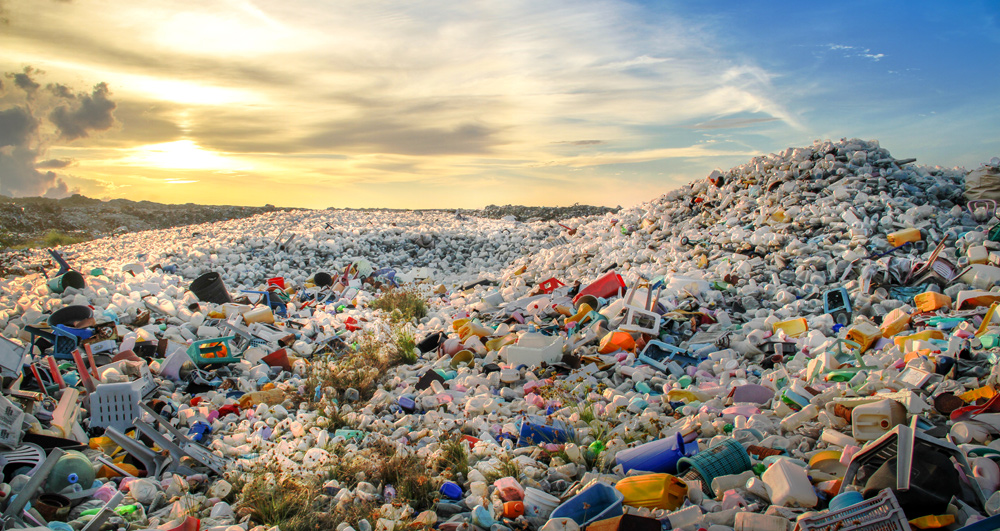COMMISSION ADOPTS NEW LIMITS FOR SOME OF THE MOST HARMFUL CHEMICALS IN WASTE
Today, the European Commission adopted a proposal to protect human health and the environment from some of the most harmful chemicals in waste - Persistent Organic Pollutants (POPs). The proposal tightens the limits for these chemicals in waste, preventing them from re-entering the economy.
Commissioner for the Environment, Oceans and Fisheries Virginijus Sinkevičius said:
“Today, we are taking one more step forward towards delivering on our promise to eradicate the most harmful pollutants from our daily lives. Removing persistent chemicals in waste is essential to protect our health and our environment. Ambitious limits for these substances are also needed to foster high-quality, toxic-free secondary materials that can be safely used in a growing circular economy.”
Persistent Organic Pollutants (POPs) are chemicals with toxic properties that remain in the environment for a very long time, accumulate in food chains and can harm human health and the environment. With today's proposal the objective is to eliminate or minimise POPs' emissions from waste. Although Persistent Organic Pollutants are generally no longer used in new products, they can still be found in waste coming from some consumer products such as waterproof textiles, furniture, plastics and electronic equipment.
With today's proposal, the Commission is proposing to introduce stringent limits for the following three substances, or groups of substances, in waste:
- perfluorooctanoic acid (PFOA) and its salts and related compounds – found in waterproof textiles and fire-fighting foams;
- dicofol – a pesticide, previously used in agriculture;
- pentachlorophenol, its salts and esters – found in treated wood and textiles.






